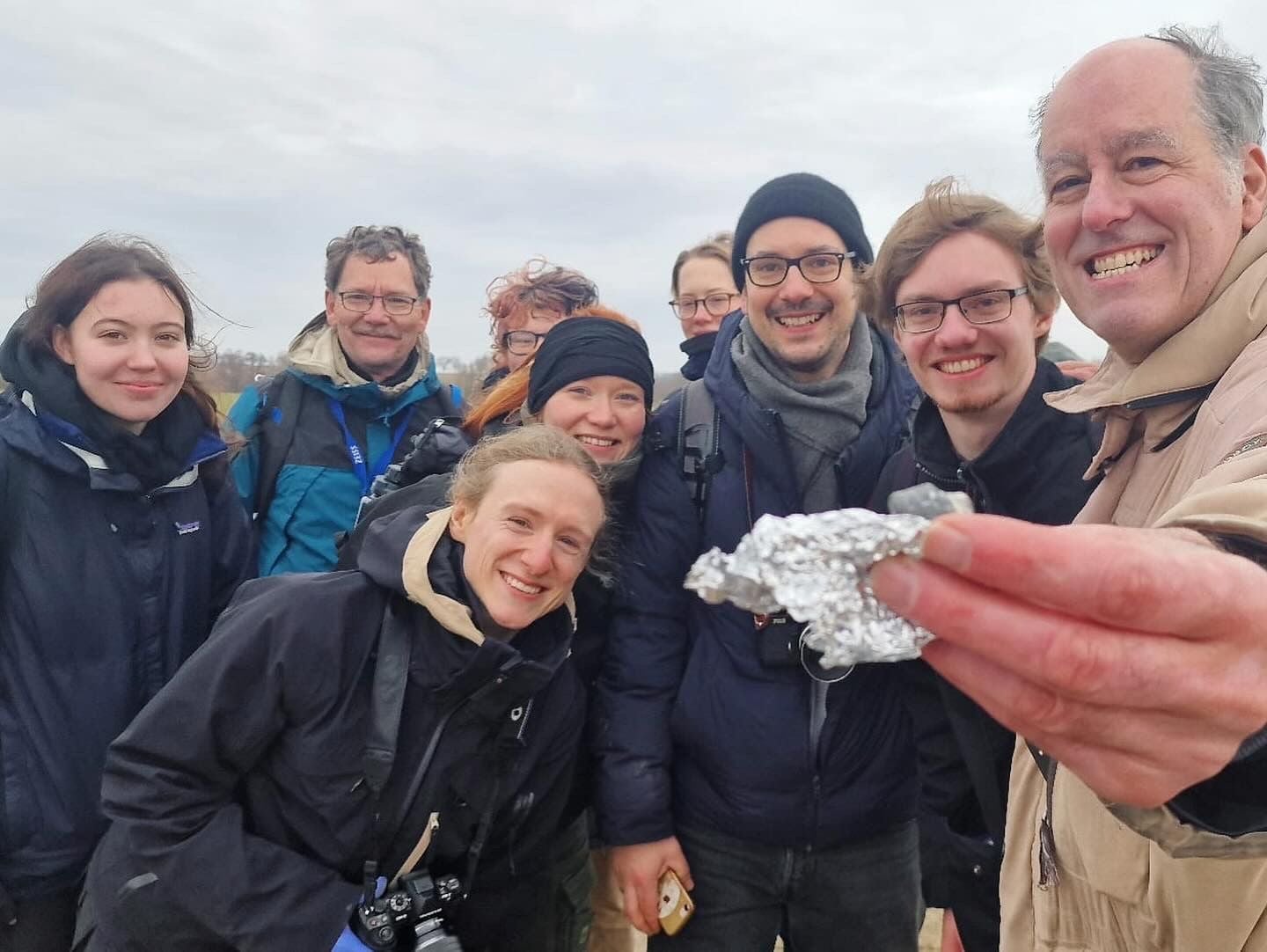Asteroid that struck Earth over Berlin last week could be very rare space rock
‘If you were walking through the fields and saw a rock like this, then you would pass by it,’ SETI scientists said
Your support helps us to tell the story
From reproductive rights to climate change to Big Tech, The Independent is on the ground when the story is developing. Whether it's investigating the financials of Elon Musk's pro-Trump PAC or producing our latest documentary, 'The A Word', which shines a light on the American women fighting for reproductive rights, we know how important it is to parse out the facts from the messaging.
At such a critical moment in US history, we need reporters on the ground. Your donation allows us to keep sending journalists to speak to both sides of the story.
The Independent is trusted by Americans across the entire political spectrum. And unlike many other quality news outlets, we choose not to lock Americans out of our reporting and analysis with paywalls. We believe quality journalism should be available to everyone, paid for by those who can afford it.
Your support makes all the difference.Meteorite hunters have tracked down fragments from an asteroid that struck the Earth over Berlin last week and it appears to be “very rare.”
Fragments of the small asteroid dubbed 2024 BX1 burned up in the skies above Berlin into a harmless fireball last Sunday merely two hours after it was discovered by astronomers.
Researchers and amateur scientists looking for remaining fragments of the space rock around Berlin found some of them on Friday, with more samples of the meteorite discovered over the weekend.
Experts, including meteor scientist Peter Jenniskens, found the rock fragments to be “very rare” as they resemble rocks found on the Earth.
“The asteroid that made its impact near Berlin last Sunday has now been successfully recovered,” the search for extraterrestrial intelligence (SETI) noted in a statement.
“What we’re actually looking for was very different from what most people consider a meteorite. If you were walking through the fields and saw a rock like this, then you would pass by it,” Dr Jenniskens told Space.com.

Such space rocks, scientists said, are “very rare” and make up only 1 per cent of all known meteorites, researchers say.
The space rock measuring about 1 m (3.3 ft) wide was discovered by Hungarian astronomer Krisztián Sárneczky merely two to three hours before its impact, according to the International Astronomical Union.
Nasa then confirmed the asteroid’s discovery about 20 minutes before impact.
First known under its temporary designation Sar2736, the asteroid measured about a meter wide and was captured on camera as it appeared and disappeared in the skies above Berlin at about 00:33 UT.
Its sighting was unusual since 99 per cent of near-Earth asteroids smaller than 30m (98 ft) across are yet undiscovered, according to astronomers.
Since its impact on 22 January, a dedicated team of about 12-21 individuals, including experts and students from the National History Museum, have been scouring the field in search of small fragments, SETI said.
The search however, proved challenging initially as the meteorites bore a striking resemblance to common terrestrial rock.
A large fragment was first found on Thursday then two more meteorites weighing 5.3g and 3.1g respectively were discovered.

Join our commenting forum
Join thought-provoking conversations, follow other Independent readers and see their replies
Comments